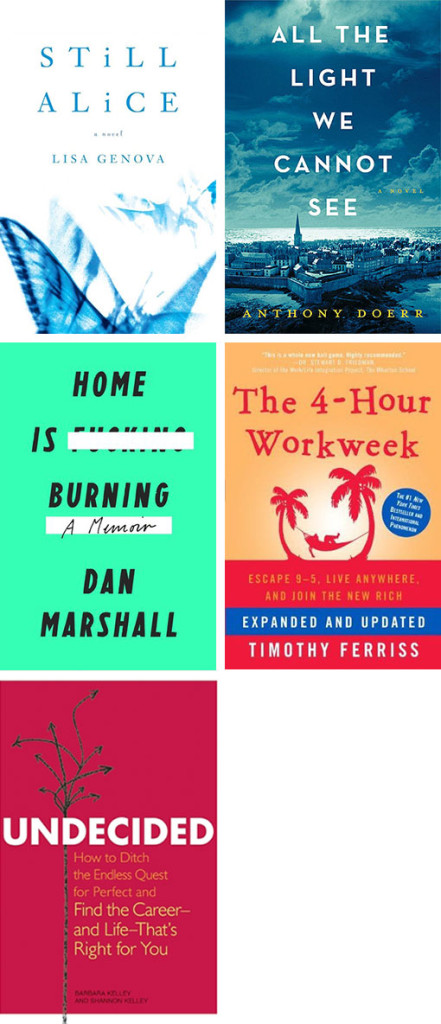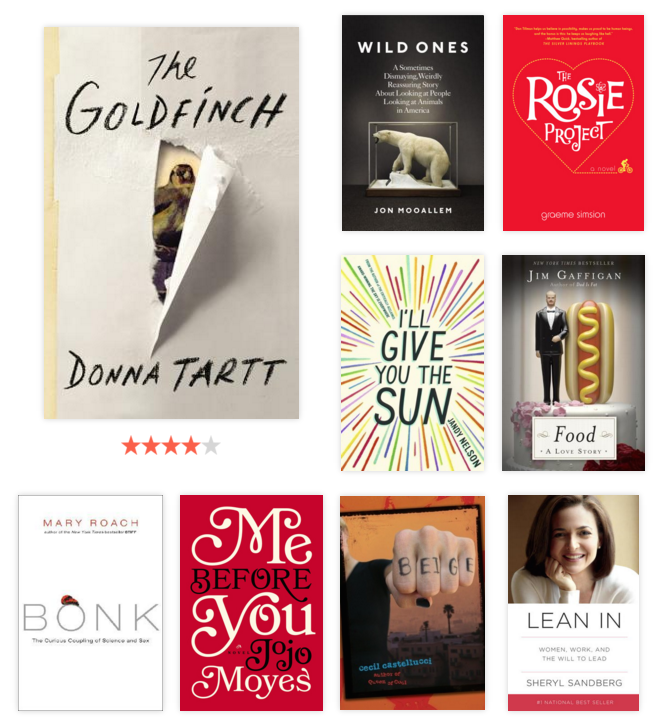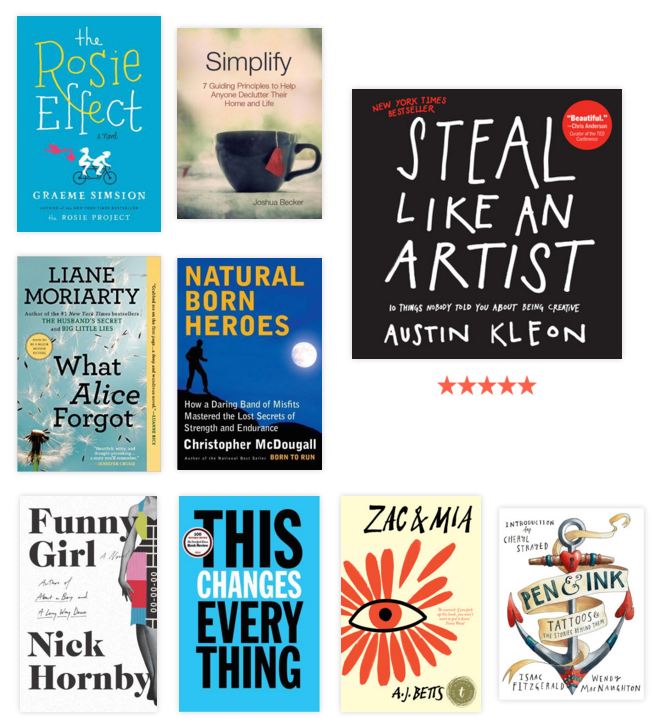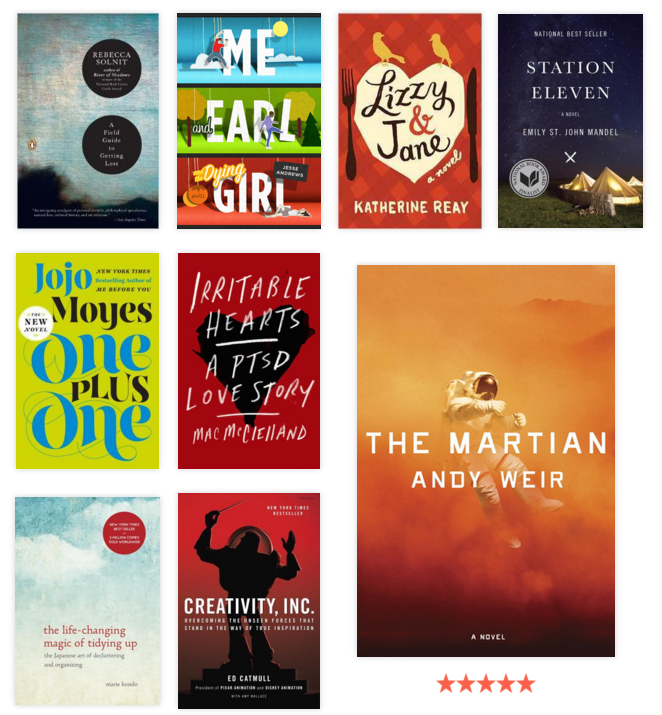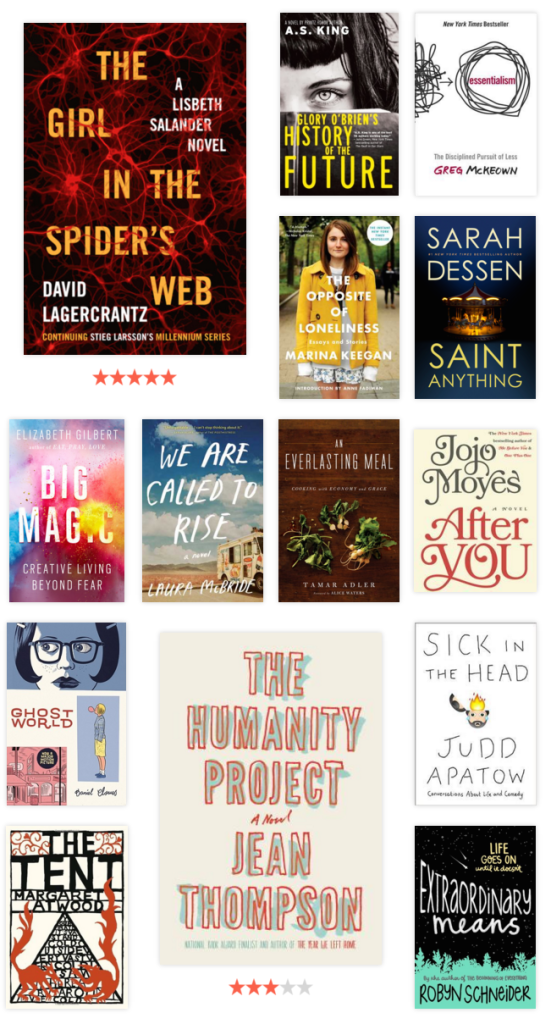The 4-Hour Workweek
The 4-Hour Workweek by Tim Ferriss was one of those books that I picked up at just the right time. I started reading it while transiting to freelancing full time. The 4-Hour Workweek helped me to better understand my own values, priorities, procrastination pitfalls, bad habits, and goals. It was instrumental in helping me to decide what was important and create a new daily routine.
However, I have some problems with the main premise of the book: working for only 4 hours a week. He suggests doing this mostly by cutting out excess, delegating tasks, and relying on recurring income (like an established company or product).
This approach isn’t for me.
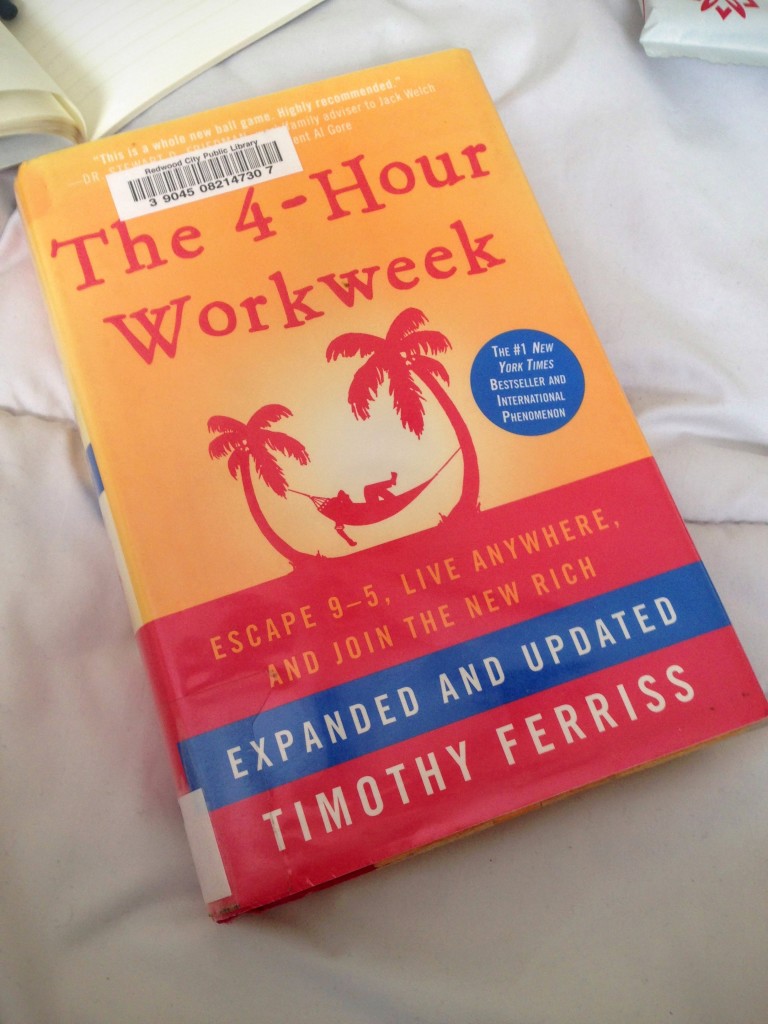
I will not hire a virtual assistant to handle my email or do background research for a project for me. I will not offload my work onto people in other countries who are likely poorly paid. I don’t have my own company already going with employees that I can just empower to take on more (of my) responsibility. I’m a writer and an editor, not a CEO.
One of his biggest points is building a system to replace yourself so you can travel the world and spend time doing the things you love, which is great, except for one small thing. I don’t want to to be replaced. I want to make an impact on the world and know that I contributed to making it a better place. I want to inspire change and connect with people.
The amount of people who can actually work four hours a week a support themselves are extremely limited. But that doesn’t mean that there wasn’t value in this book.
Biggest Takeaways from The 4-Hour Workweek
1. Our system of work and reward is broken in the United States.
2. Piles of money (or things or things bought with debt) should not be the metric for success.
3. Busy is bad.
4. We control our lives. We need to take control.
5. It’s not worth being unhappy for 40-50 years only to have 10-15 years (if that!) of a retirement.
6. Work is not something to suffer through.
7. Our time is poorly spent shuffling papers and going to meetings instead of getting things done and getting out of there.
What I now do differently based on The 4-Hour Workweek
1. Check my email twice a day and never on weekends. Ahh, sweet freedom.
2. Focus on only two critical tasks per day. I may fill my to-do list with 10 things I want to accomplish, but the first two have to get done first. These are usually the bigger items like completing an article, pitching a new client, or finishing my taxes. Both tasks are to be done separately from to start to finish without any interruption. I usually do them first thing in the morning and right after lunch.
3. Schedule my day at least the day before and stick to it. I have been scheduling time to write and to do the main things I need to get done. This helps me kick procrastination and feel like I have structure to my day.
4. Do not just fill time. It’s easy for me to reformat a perfectly good spreadsheet or organize files to feel like I am making progress when really I am just wasting my time. I have been using a Pomodoro timer (more on this soon) to make sure I stay on task and finish things in the time I have set aside from them. No more over-researching a story to the point where I don’t use 80 percent of the things I found and my hourly income for the project plummets (set price for the project divided by the amount of hours I work on it).
5. Give every task/ priority a deadline. Keep the deadline short to stay focused and force action instead of deliberation and procrastination.
6. Track how time is spent. Currently I only do this for projects I am working on for clients, but I would like to start doing it a few days a month to get a better idea of how exactly I spend my time and how I could improve.
7. Make nonfatal or reversible decisions quickly. I am the queen of changing my mind and deliberation. I spent an hour trying to decide between two different brands of practically the same exact product on Amazon yesterday. Such a waste of time for a $15 product. Needless to say, I have a lot of room for improvement.
Key Quotes from The 4-Hour Workweek
“Maximum income from minimal necessary effort is the primary goal.”
“At least three times per day at scheduled times ask ‘Am I being productive or just active? Am I inventing things to do to avoid the important?'”
“Stop asking for opinions and start proposing solutions.”
“Be decisive.” (I hear you Tim. I will work on this.)
Bottom Line
Read it. I learned a ton, and it was an interesting read.



